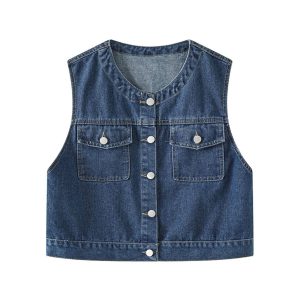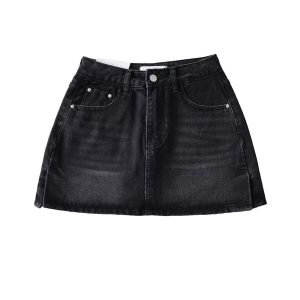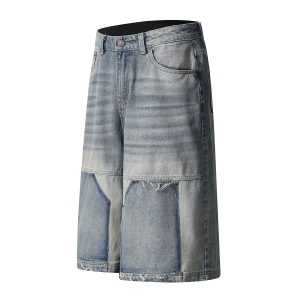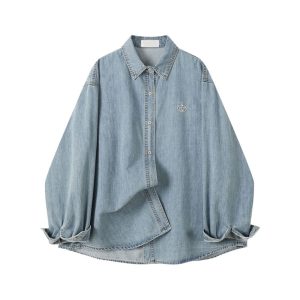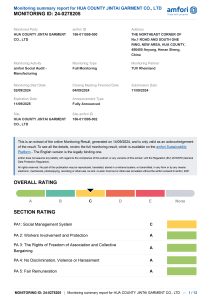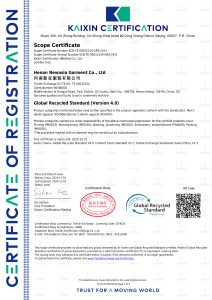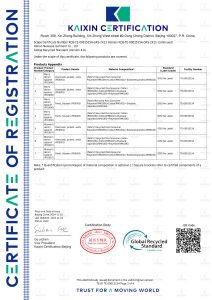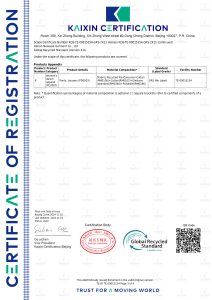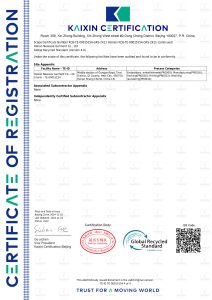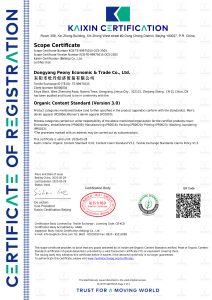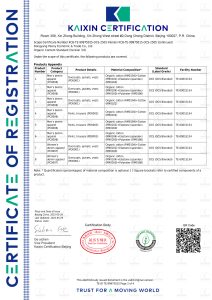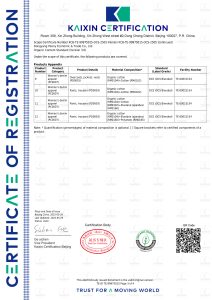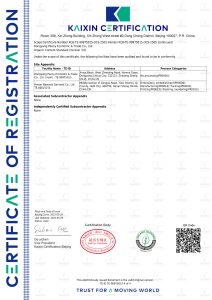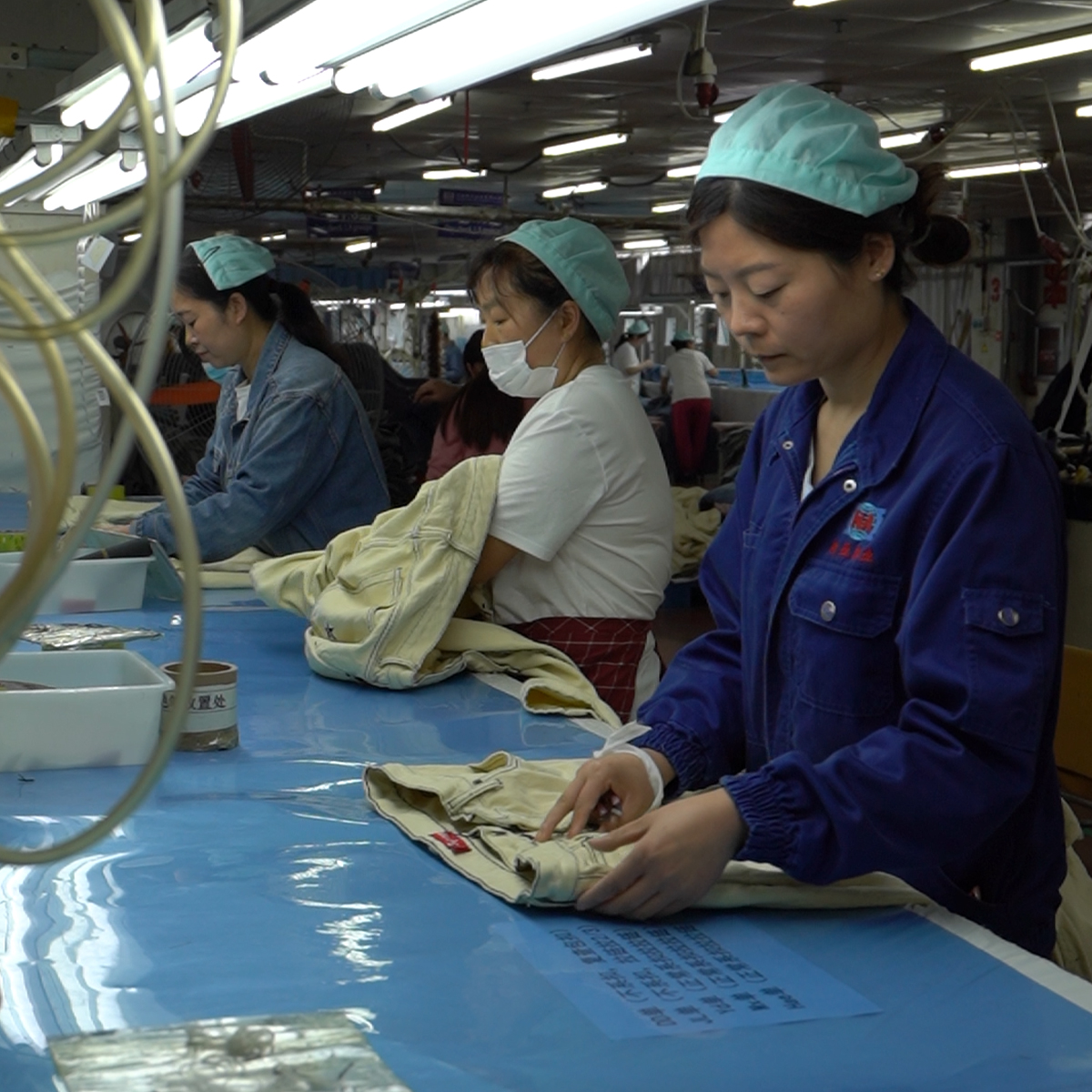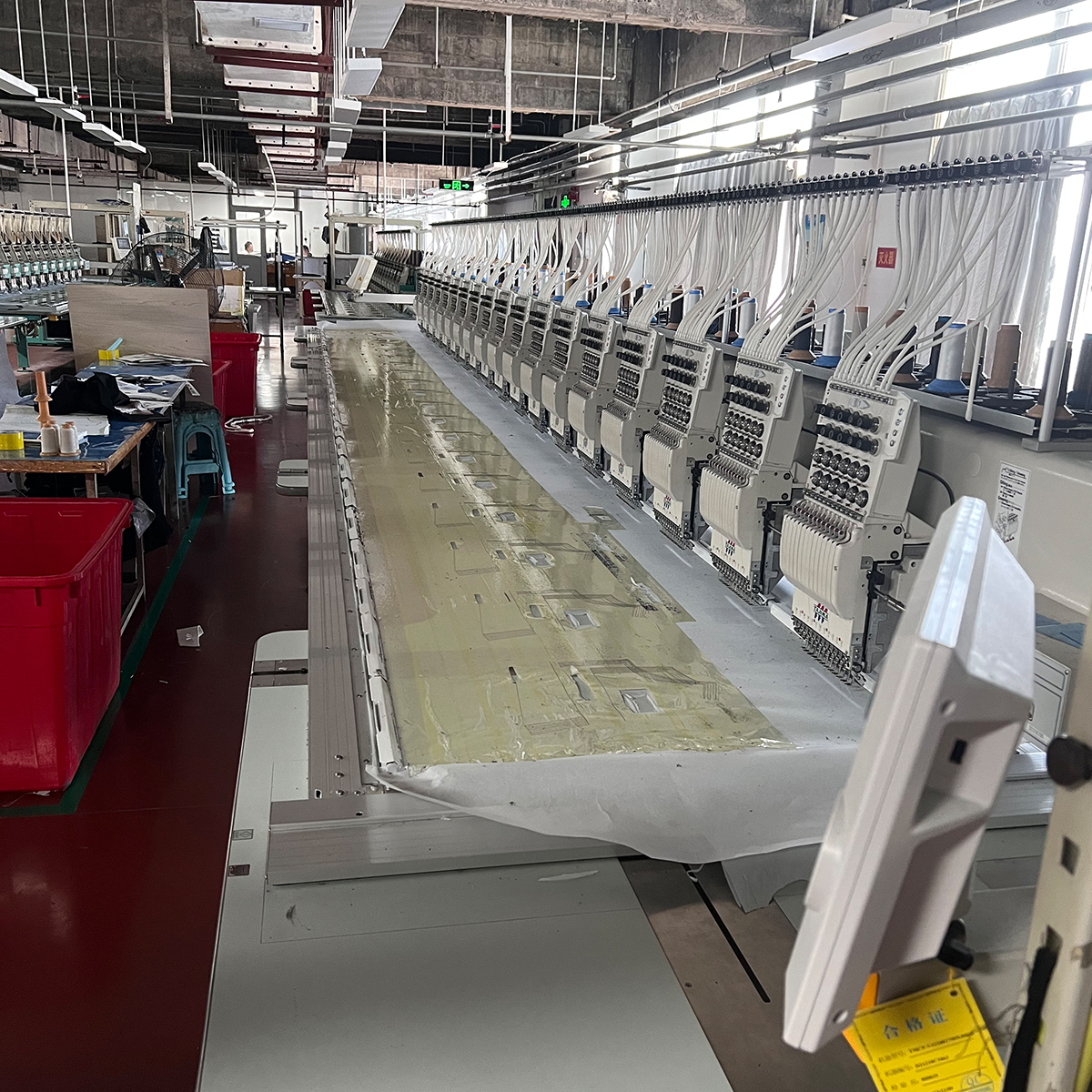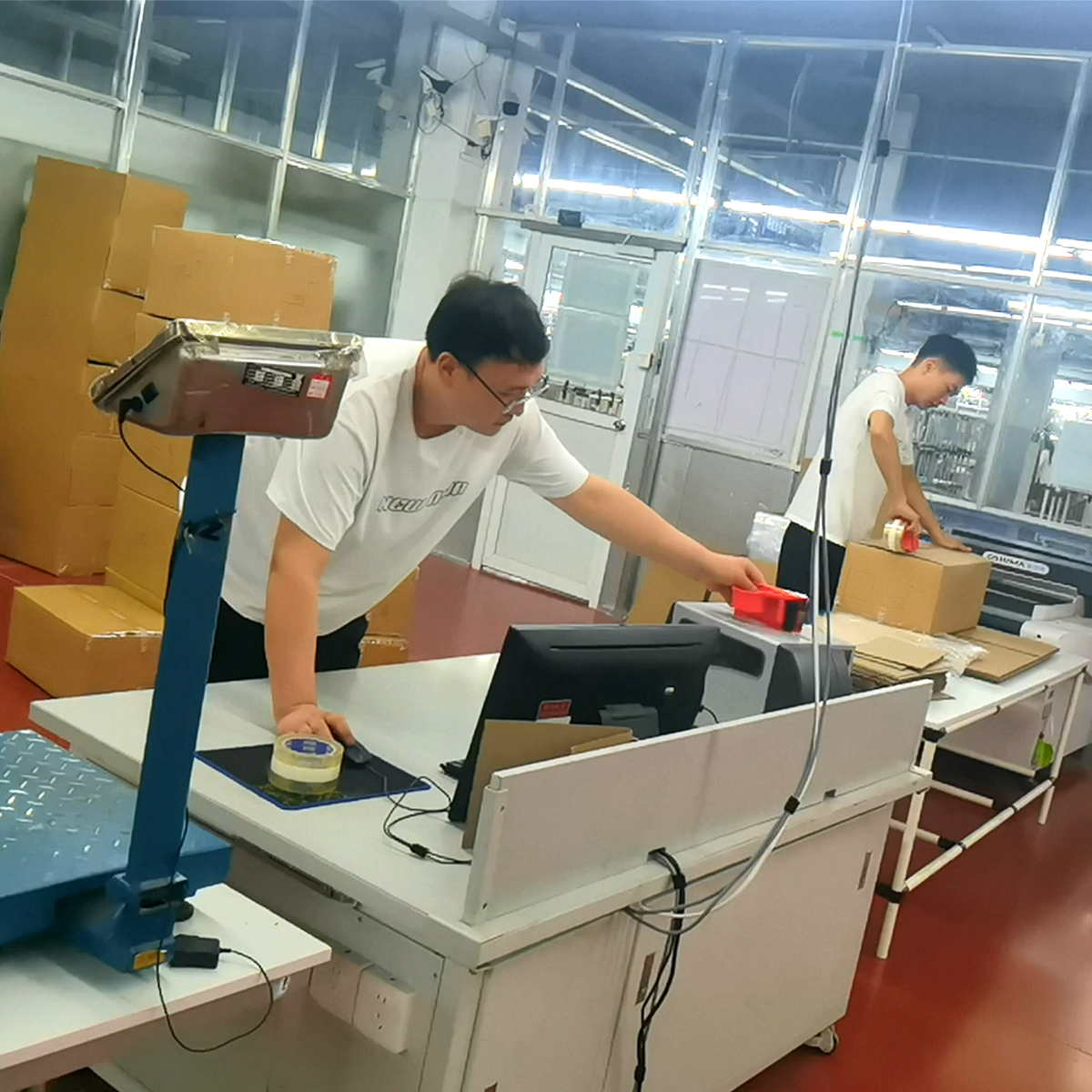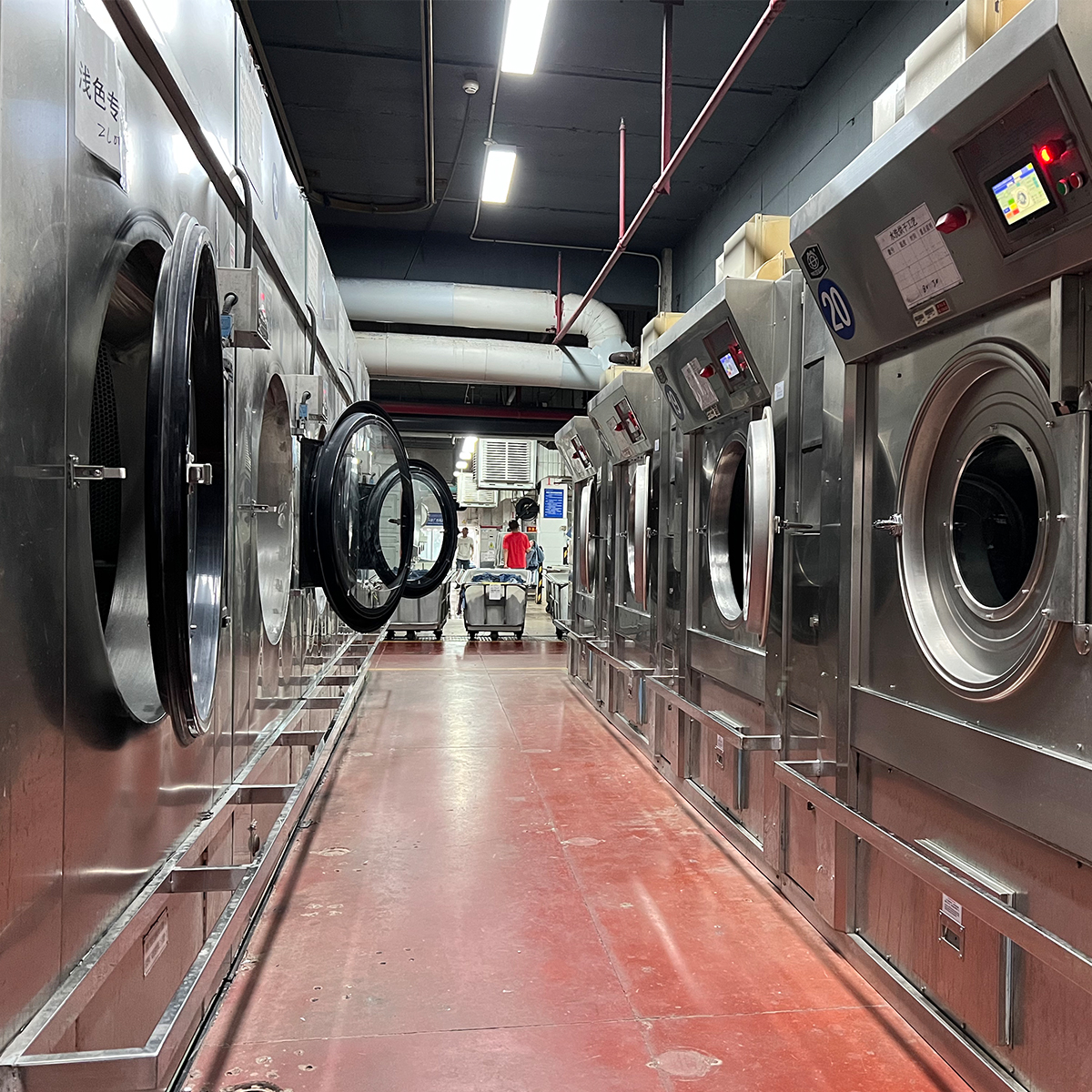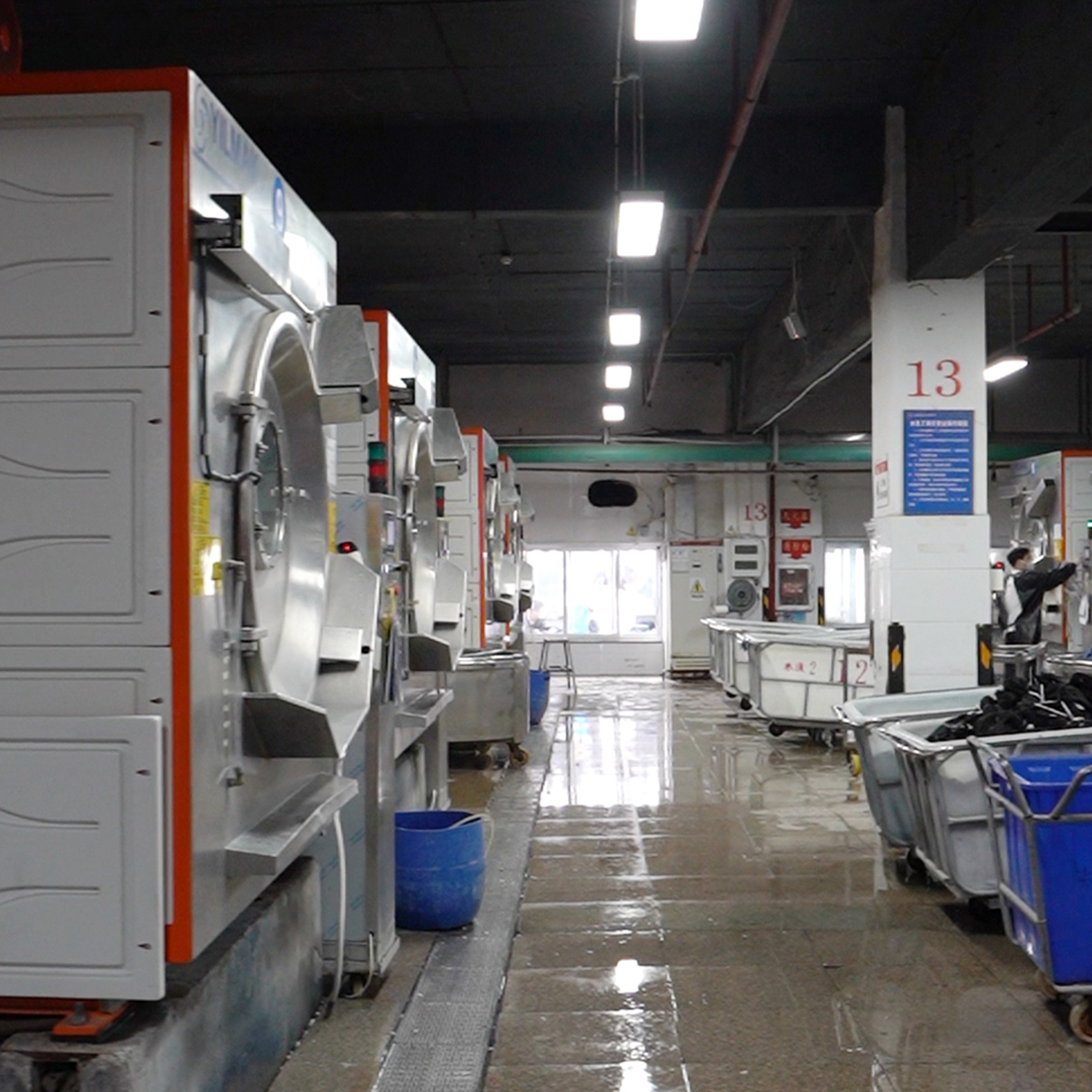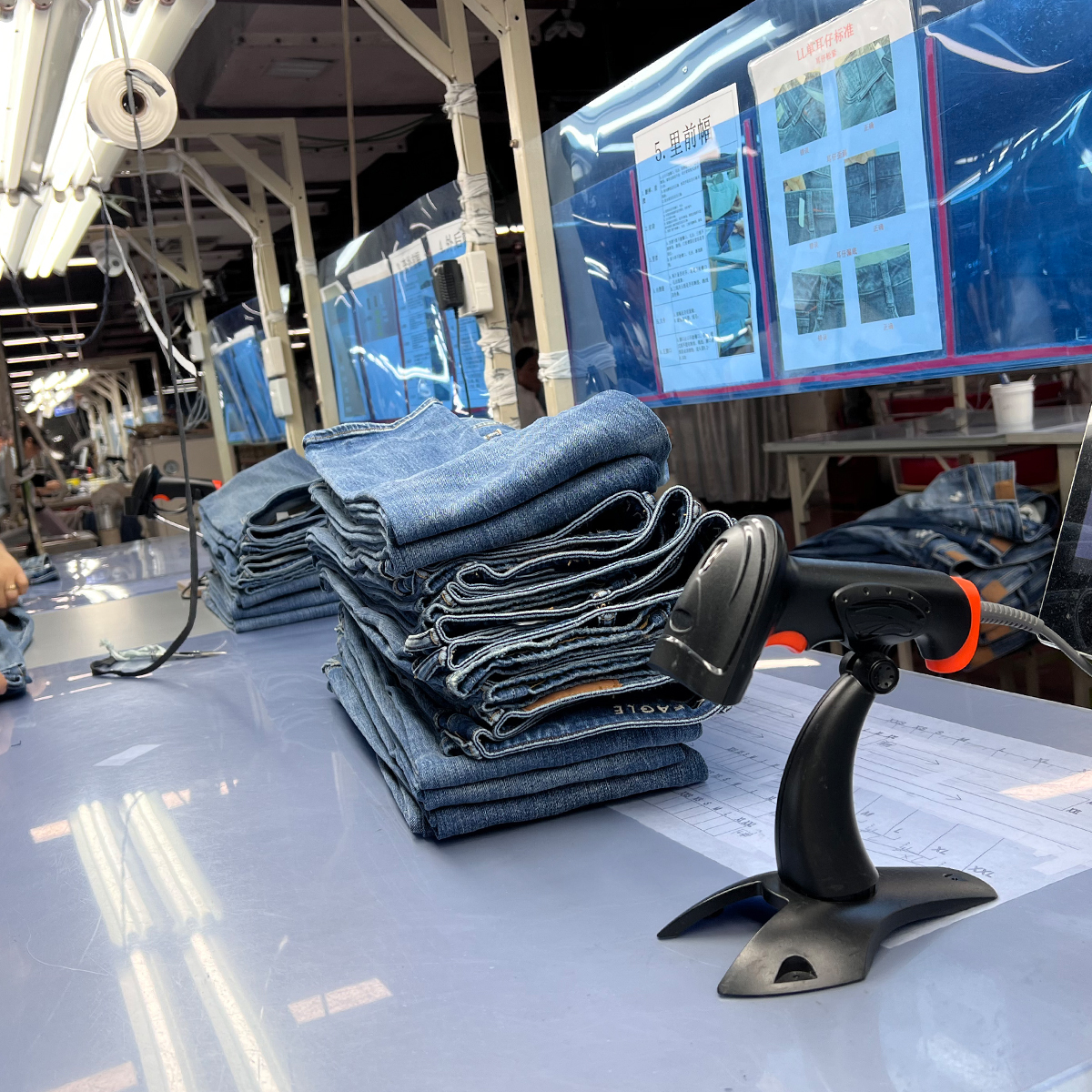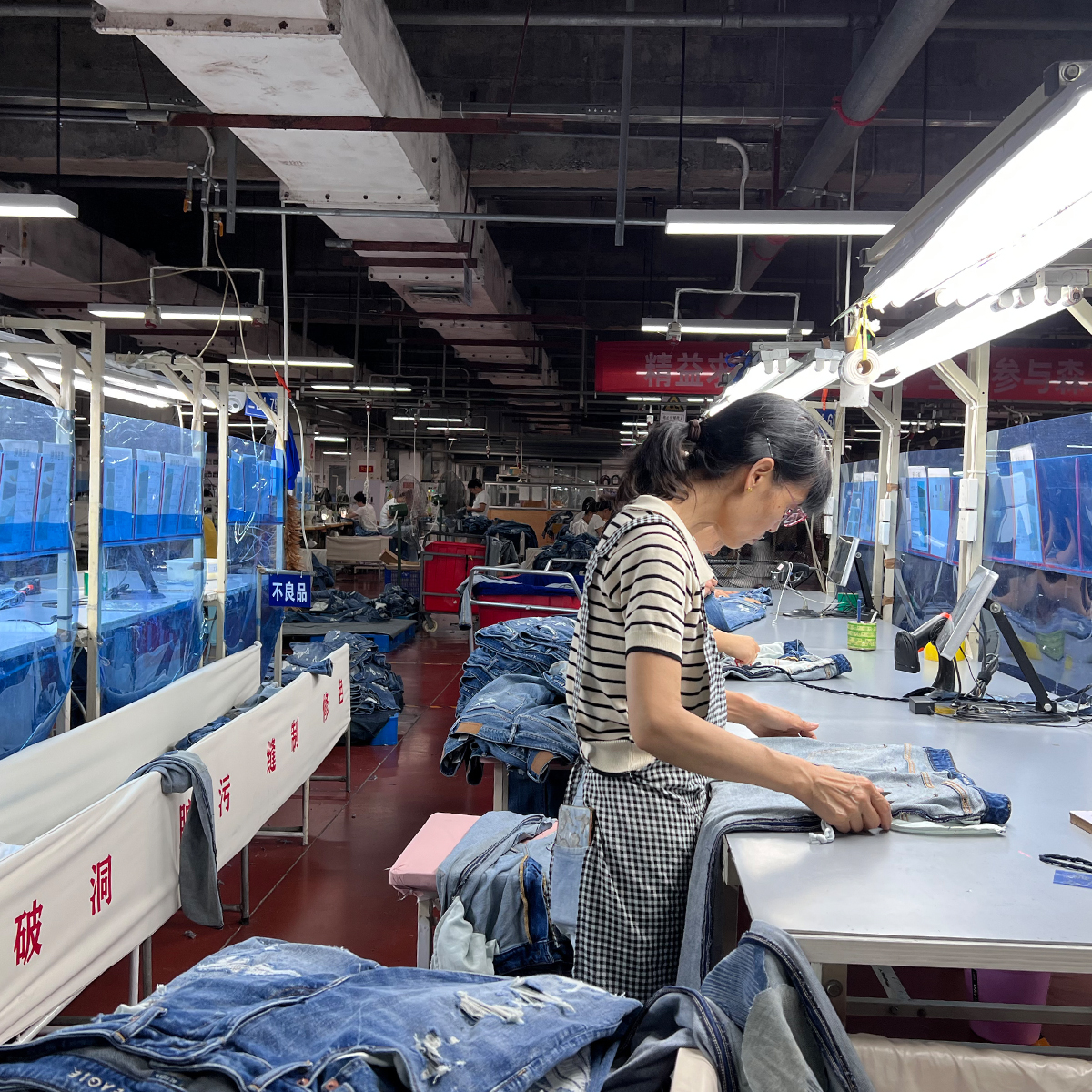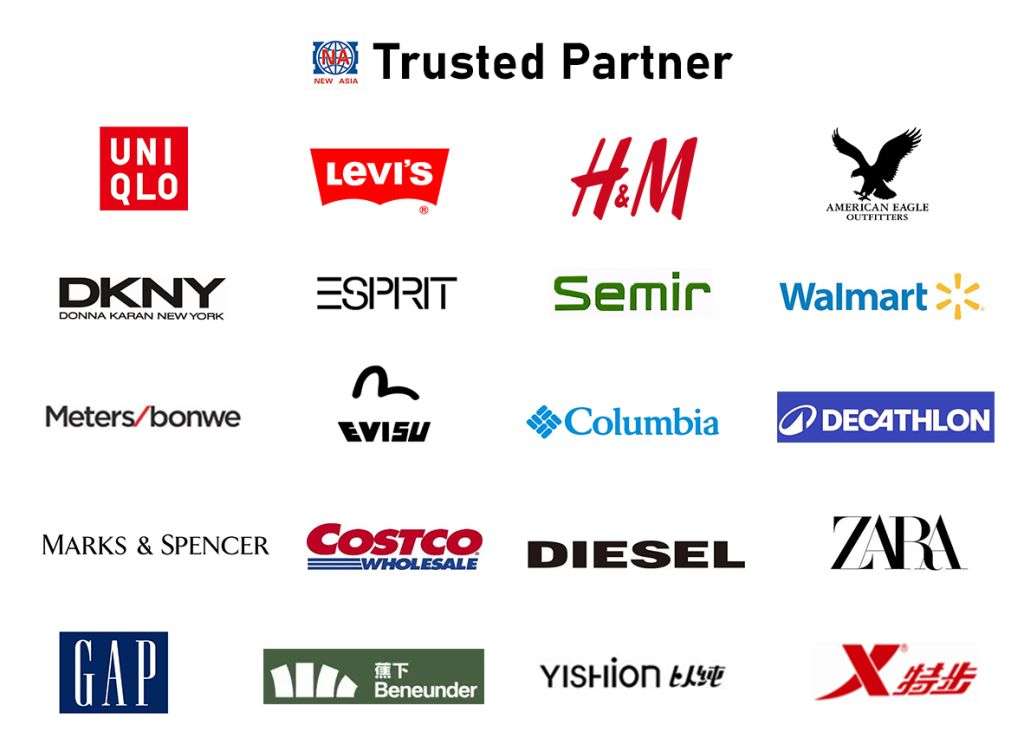Jeans are a staple in many wardrobes across the globe. With versatility, comfort, and style, they are enjoyed by people of all ages. As a retailer, finding the perfect supplier for your regular jeans is essential for your business. In this guide, we will look at key aspects of sourcing the best regular jeans suppliers, including what to consider before making a choice, the benefits of working with reliable suppliers, and tips for establishing long-term relationships.
Understanding the Market for Regular Jeans
The jeans market is vast and encompasses various styles, fits, and materials. Regular jeans, characterized by their classic fit and medium rise, are one of the most popular choices. Before you begin sourcing suppliers, it’s crucial to understand the current market trends, consumer preferences, and competitive landscape. In 2023, denim fashion is leaning towards sustainability and ethical sourcing, so keep that in mind in your supplier selection process.
Essential Factors When Sourcing Regular Jeans Suppliers
When evaluating potential suppliers, there are several factors to prioritize:
- Quality of Products: The quality of denim is paramount. Assess the fabric durability, stitching techniques, and overall craftsmanship to ensure your products meet customer expectations.
- Pricing: Competitive pricing is essential for maintaining healthy profit margins. However, remember that the lowest price does not always equate to the best quality. You need to strike a balance.
- Minimum Order Quantities (MOQs): Different suppliers have varying MOQs. Ensure their requirements align with your business needs and capacity.
- Production Time: Understanding lead times is essential. Efficient production can help you keep inventory levels healthy.
- Reputation: Do your due diligence on potential suppliers. Research reviews, testimonials, and company history to gauge their reliability and service.
Types of Suppliers
Regular jeans can be sourced from different types of suppliers, including:
1. Manufacturers
Direct manufacturers produce jeans in bulk. Working directly with a manufacturer often gives you the best pricing, but it may require higher MOQs. Ensure the manufacturer meets safety and quality standards.
2. Wholesalers
Wholesalers purchase from manufacturers and sell to retailers. They often have a broader range of products available and may offer flexible MOQ options. This can be ideal if you are just starting your retail business.
3. Importers
Some suppliers import jeans from regions renowned for denim production, such as Italy or Japan. This can provide unique styles and high-quality materials. However, keep shipping times and costs in mind when sourcing internationally.
Building Strong Relationships with Suppliers
Once you have identified the right suppliers, the next step is to build a mutually beneficial relationship. Here are some tips:
- Regular Communication: Foster open lines of communication. Regular check-ins can help resolve issues promptly and keep your orders on track.
- Feedback: Provide constructive feedback. This not only helps improve product quality but also shows that you value their efforts.
- Understanding Their Business: Take time to understand your supplier’s business model, challenges, and strengths. This knowledge can aid in forging a better partnership.
Importance of Sustainable Sourcing
In today’s eco-conscious world, consumers are more inclined towards brands that prioritize sustainability. Consider partnering with suppliers who employ eco-friendly practices. This may involve using organic cotton, reducing water waste during production, or incorporating recycled materials. By highlighting your commitment to sustainability, you will likely attract a growing audience of conscious consumers.
Legal and Compliance Considerations
When sourcing regular jeans, ensure that your suppliers comply with relevant legal regulations and industry standards. Verify that they adhere to labor laws, provide fair wages, and maintain safe working conditions. Doing so not only protects your brand reputation but also fosters ethical practices in the industry.
Trends in Regular Jeans
Staying ahead of trends is vital in the fashion industry. Currently, several styles and features are gaining popularity:
- Sustainable Fabrics: Consumers are increasingly interested in jeans made from sustainable materials.
- Baggy Fits: As the world shifts away from skinny jeans, loose and baggy styles are making a return.
- Customization: Personalized denim options, such as unique patches or embroidery, are growing in demand.
Utilizing Technology in Your Sourcing Process
Leverage technology to enhance your sourcing process. Utilizing platforms like trade shows, B2B marketplaces, and supplier directories can streamline your search for reliable suppliers. Additionally, adopting supply chain management software can help monitor inventory levels, track orders, and manage supplier relationships more effectively.
The Importance of Testing Samples
Once you have narrowed down your list of potential suppliers, request samples of their jeans. Conduct thorough evaluations of each sample regarding fabric quality, fit, color retention after washing, and overall comfort. This step can save you headaches down the road by ensuring you only source high-quality products.
Networking with Industry Peers
Engaging with fellow retailers, attending industry events, and joining professional organizations can open doors to finding excellent suppliers. Networking allows you to share experiences, ask for recommendations, and learn from others who have walked the same path.
Final Thoughts
Finding the best regular jeans suppliers requires research, due diligence, and relationship-building. By understanding the market, knowing what to look for in suppliers, and maintaining a focus on quality and sustainability, you position your business for success in the competitive denim retail landscape. Stay informed about trends, engage in open communication with your suppliers, and continuously seek ways to improve your offerings.



